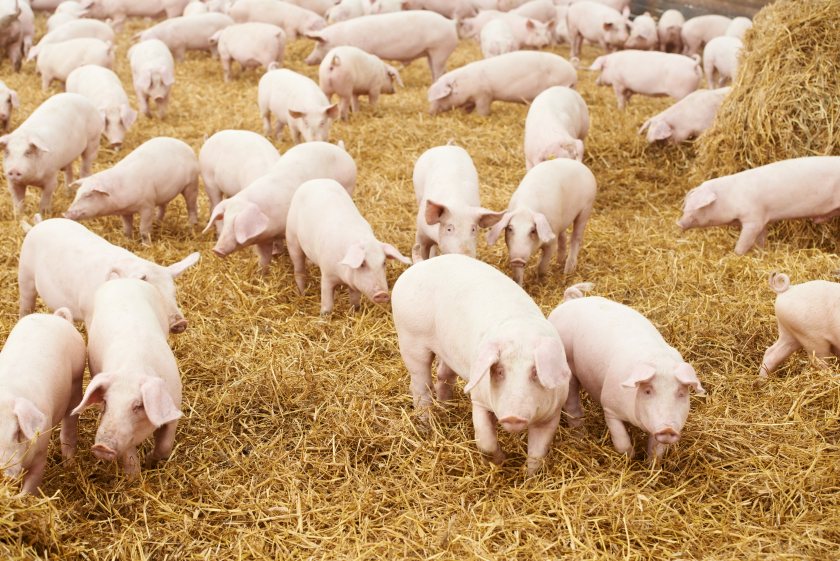
The UK pig industry has finally returned to a profit after 10 successive quarters of losses, according to figures published by AHDB.
During this time, the industry racked up debts estimated to be in excess of £750 million.
But AHDB figures show that in the second quarter of 2023, the average net margin was £22/head, up from a narrow loss of -£1/head in Q1.
During the second quarter of 2022, the average net margin was -£52/head.
The pig sector has faced unprecedented challenges over the last year, with rising costs and global labour shortages putting pressure on producers.
The full economic cost of production for Q2 2023, based on performance figures for breeding and finishing herds, was estimated at 196p/kg deadweight.
This was a 17p/kg reduction from Q1, as feed costs fell back by that amount to an estimated 123p/kg.
Feed costs accounted for an estimated 63% of total costs, the lowest percentage since Q3 2020, according to AHDB's figures.
However, interest rates continued to rise in Q2 of 2023, which put pressure on costs associated with buildings, mortgages, and any related finance.
Pig prices rose over the quarter, with the APP up 10p to 221p/kg and the SPP up 13p to 221p/kg, resulting in a net margin, based on the APP, of 25p/kg, or £22/head, the highest figure since Q3 2020.
Since the end of Q1, pig prices have continued to rise, with the SPP now at 225p/kg.
Feed costs rose rapidly since the end of the Black Sea Grain Deal was confirmed in July, although they have dropped back since, with November feed wheat at £196/tonne today, after hitting around £215/tonne in late-July.
Earlier this year, Defra announced new regulation for written contracts to provide 'fairness and certainty' for the pig sector.
The department said the commitment would strengthen the sector’s ability to deal with the challenges currently being faced around the world.
As well as regulation on written contracts, Defra will develop regulations to collect and share more supply chain data, particularly in relation to wholesale price transparency and national slaughter numbers.
